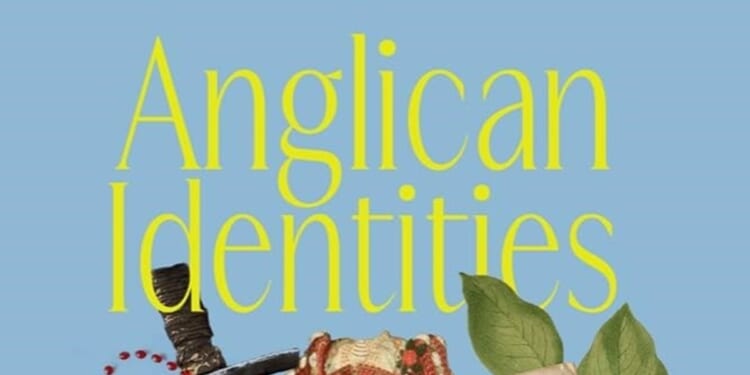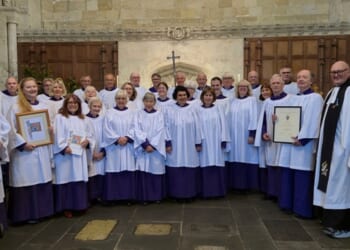GARY DORRIEN is an Anglican social ethicist, now in his early seventies, in the United States. He has had a phenomenal career: born into deep poverty, he became the author of more than 25 books, and held a series of distinguished academic posts, culminating in professorships simultaneously at Columbia University and Union Theological Seminary, both in New York.
Nevertheless, he was not always an academic, and worked as a union organiser before his stellar academic career. In an interview in 2016, he said: “I am a jock [serious sportsperson] who began as a solidarity activist, became an Episcopal cleric at 30, became an academic at 35, and never quite settled on a field; so now I explore the intersections of too many fields.”
His books cover many areas, including social action, the history of modern theology and its relationship to philosophy, especially German idealism, the history of social organising, and his own autobiography. What he has not done previously in his writing is give an Anglican theological or church history. I should declare an interest, being the author of two recent books in this area, and express my indebtedness to Dorrien for his studies of the reception of Kant and Hegel in the Western world, which were very useful.
Dorrien’s book is massive, as many of his books are, and a book on Anglicanism from such a distinguished author raises many expectations. He covers a vast field, from the Reformation to the late 1970s, writing with clarity, verve, and passion, unafraid to pass severe judgements on Anglicanism’s close relationship with slavery and political power. His greatest strength is in relating theology to political, social, and cultural hegemony and oppression, and his comments on many theologians over four centuries are always well written and perceptive, even if sometimes rather brief.
This leads to me my final point. There is much to be learnt from this book, but I have one reservation. Taking as just one instance (there could be others), the controversy caused by Stephen Sykes in his book The Integrity of Anglicanism, an Anglican theologian who became Bishop of Ely (and well known to me): Dorrien is both very insightful on the book, and very thorough, but makes several mistakes. It was not Sykes’s first book; Sykes’s predecessor as Cambridge Regius Professor of Divinity was Henry, not Owen, Chadwick; and, above all, Dorrien ignores the academic scrutiny given to the book in conferences, and publication in the past decade, with a complete passing over of the work of Jeremy Morris, who is the authority on F. D. Maurice (whom Sykes lambasted). Equally, there is nothing on the impact of Rowan Williams or the academic movement Radical Orthodoxy.
Dorrien is a brilliant writer, whose political commitment is greatly to be admired in a country such as the United States, which is deeply riven by class and racial differences. His understanding of the way in which philosophy can influence theology is magisterial. This is probably a book written too fast, and a second edition would be a good idea. Nevertheless, Dorrien’s brilliance, his understanding of how theology and power have been closely linked in Anglicanism, and his philosophical acumen make this a book that will be widely discussed.
Canon Peter Sedgwick formerly chaired the Church in Wales Doctrine Commission, and was Principal of St Michael’s College, Llandaff.
Anglican Identities: Logos idealism, imperial whiteness, commonweal ecumenism
Gary Dorrien
Baylor University Press £60
(978-1-4813-2093-1)
Church Times Bookshop £54

















